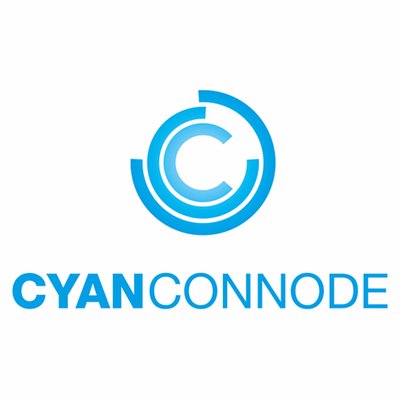India’s ambitious drive to modernise its power distribution through smart metering is gaining significant momentum. With over 20 million smart meters installed and daily installations reaching 80,000 units, the nation’s energy infrastructure is undergoing a transformative shift. This rapid advancement presents substantial opportunities for investors keen on capitalising on the evolving energy sector.
The Revamped Distribution Sector Scheme (RDSS), launched in June 2021 with an outlay of Rs 3.03 trillion and a budgetary support of Rs 976.31 billion, aims to reduce aggregate technical and commercial (AT&C) losses to 12-15% and bridge the average cost of supply-average revenue realised (ACS-ARR) gap by March 2026. As of January 2025, over 20 million smart meters have been installed, marking a significant milestone. The daily installation rate has surged from approximately 11,000-12,000 meters a year ago to 80,000 meters, with expectations to reach 100,000 meters per day.
Despite initial challenges, including technical issues and the transition from post-paid to prepaid metering, the government has intensified efforts to accelerate execution. Smart metering works with an outlay of Rs 1,306.71 billion have been sanctioned for 45 distribution companies across 28 states and union territories, targeting 197.9 million consumers. More than 58% of these works have been awarded and are at various stages of execution.
To facilitate this massive rollout, the government has adopted a model where Advanced Metering Infrastructure Service Providers (AMISPs) implement smart metering through a total expenditure mode. This approach eliminates the need for upfront capital expenditure by distribution utilities, allowing them to pay monthly costs per meter to the AMISP. Additionally, the government provides grants of up to Rs 900 per consumer meter (Rs 1,350 for special category states) and incentives of Rs 450 (Rs 675 for special category states) per consumer meter for prepaid smart meters installed within targeted timelines.
A critical enabler of this smart metering expansion is the adoption of Wi-SUN FAN (Field Area Network) technology. Wi-SUN FAN offers a highly secure, scalable, and standards-based wireless mesh network, ideal for large-scale deployments. Its self-healing mesh structure ensures resilience, allowing communications to continue even if part of the network fails. This technology supports various applications, including electricity and gas metering, smart lighting, and water management, benefiting utility companies and municipalities.
The Bureau of Indian Standards (BIS) has adopted the Wi-SUN FAN specification as the national standard for India’s smart meter radio frequency communication networks. This move underscores the importance of interoperability and security in the nation’s smart metering initiatives. Companies like Comminent, Renesas Electronics, and Silicon Labs have achieved Wi-SUN FAN certification for their products, ensuring compliance with the specification and guaranteeing interoperability, security, and resilience.
India’s commitment to deploying over 250 million smart meters in the coming years, coupled with the integration of advanced technologies like Wi-SUN FAN, positions the country as a significant player in the global smart metering landscape. Investors have a unique opportunity to engage with a market poised for exponential growth, driven by government support, technological advancements, and a clear roadmap for implementation.
CyanConnode Holdings plc (LON:CYAN) is a world leader in the design and development of Narrowband RF mesh networks that enable Omni Internet of Things (IoT) communications.




































